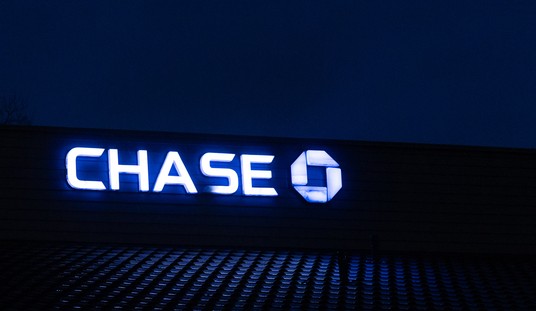“For generations, the American people have been abused by Big Pharma.”
President Trump said those words during his first administration, and it still reins true to this day as the White House recently elevated the importance of policies to stop Americans from being forced by Big Pharma to pay the highest prescription drug prices in the world.
While the president has repeatedly pulled back the curtain on Big Pharma, it hasn’t stopped the pharmaceutical industry from pursuing a creative approach to keeping Americans stuck with list prices 422 percent higher than in other countries.
To reel in drug companies and lower drug prices for the American people, we need the Republican Congress to support the administration’s work to build on President Trump’s record of leadership holding the pharmaceutical industry accountable, and to reject Big Pharma’s self-serving agenda designed to keep Americans paying the highest drug prices of anyone in the world.
Recent reports from outlets like The Wall Street Journal and InsideHealthPolicy have unveiled the extreme lengths the pharmaceutical industry will go to advance their self-serving agenda. By funneling millions of dollars to patient groups, Big Pharma has created a seeming surround sound of support for policies undermining free market forces in the prescription drug marketplace that work to secure savings for patients: pharmacy benefit managers (PBMs).
The Big Pharma agenda is designed to keep prices high, increase pricing power, undermine competition, and even break down market-based innovations like specialty pharmacies and mail order, lower-cost pharmacy options that improve health outcomes for American patients and further lower costs.
This concerted effort to dismantle PBMs should paint a pretty clear picture of what PBMs actually do: negotiate against drug companies to secure savings for American patients and employers.
Recommended
PBMs play a critical role in the prescription drug marketplace by using the pooled leveraging power of the health plan sponsors, such as employers, government plans and labor unions, that chose to hire them to negotiate lower net costs for brand prescription drugs. This is done through securing rebates from manufacturers that any of their clients could not secure on their own without the scale made possible by the pharmacy benefit company.
If PBMs weren’t successful at securing price concessions from drug companies, drug companies wouldn’t be spending millions of dollars on advertising and funding secret patient groups to weaken them.
These very price concessions secured by drug companies are a common scapegoat drug companies and their lobbying, patient groups and advertising like to use to blame for high drug prices. In reality, the majority of drugs in the marketplace do not even have rebates at all and most do not see competition due to the pharmaceutical industry’s patent abuse, including a staggering 89 percent of drugs in the Medicare Part D program. A report from Alex Brill, former policy director and chief economist for the House Committee on Ways and Means, found that “drugs without rebates comprise 9 of the top 10 drugs with the largest price increases.”
The Initiative for Medicines, Access & Knowledge (I-MAK) found that on average, there are 74 granted patents on our country’s top 10 selling drugs, allowing Big Pharma companies to undermine competition and keep more affordable alternatives. Patent abuse on just five brand name drugs, according to Matrix Global Advisors (MGA), cost $16 billion in lost savings in just one year. I have previously discussed the need for lawmakers to crack down on these anti-competitive practices to encourage greater competition to lower costs.
Without competition or PBMs negotiating for savings, drug companies can dictate the price of prescriptions without any incentive to keep prices down — and increase them whenever they would like to boost profits. In just the first two days of 2025, drug companies raised the list price on 575 name-brand drugs. The average annual cost of newly launched medications actually exceeded $300,000 in 2023, up 35 percent from the previous year–leaving Americans left to pay the price.
They not only set and increase the price of prescriptions but also spend billions on marketing directly to consumers to increase sales of their high-priced products. U.S. Secretary of Health and Human Services Robert F. Kennedy Jr recently. pointed out that, “we're one of only two countries in the world that allow pharmaceutical companies to advertise directly to consumers.”
Rather than accept responsibility for high drug prices, the pharmaceutical industry has doubled down on its effort to avoid accountability. This is seen directly through the PBM-related proposals being pushed by drug companies that would do nothing to actually decrease spending, but would instead increase government spending, hike health care costs, and move savings that would otherwise flow to patients toward big drug companies’ bottom line.
Big Pharma will, of course, continue to put the financial motives of big drug companies at the core of their advocacy agenda. That is why the American people need President Trump to carry out his mandate to lower prescription drug prices — and the GOP Congress to work with the White House to execute against this mandate — by recognizing the fundamental role big drug companies play as the underlying cause of high prices, and rejecting Big Pharma’s agenda meant to keep prices high.
Republican Ryan Costello served as the U.S. representative for Pennsylvania's 6th Congressional District (2015-2019) and serves as an advisor to the Pharmaceutical Care Management Association (PCMA).

























Join the conversation as a VIP Member